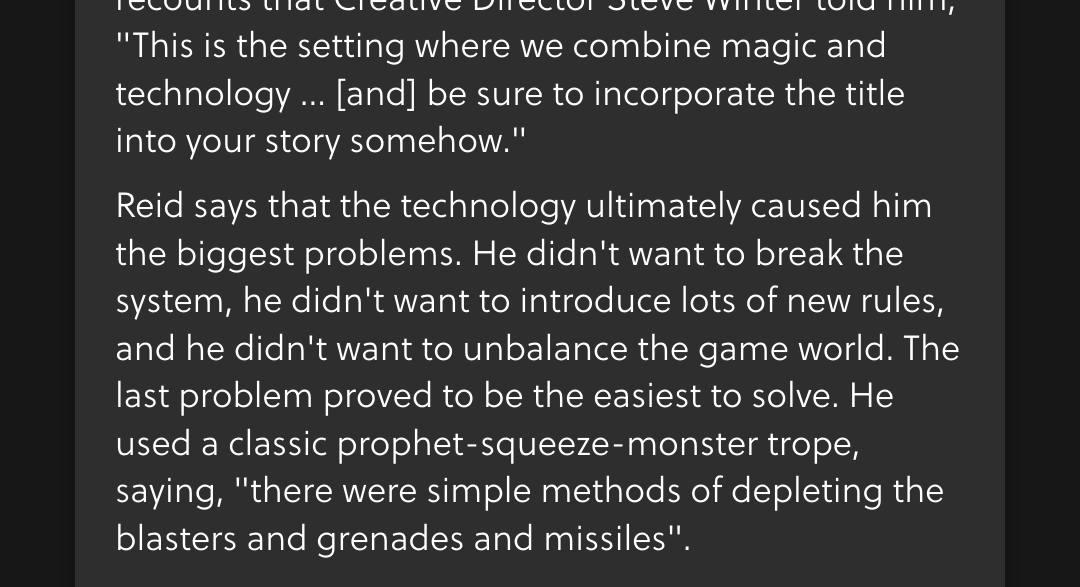I think there's a way that society represents "what sex is" that is very different from most people's experience of it. For various reasons, Hollywood/advertising/porn all promote skinny and heavily made up women. And even if they find those kinds of actresses or models hot on the screen, that's not the kinds of women most men actually crush on.
The reality is most people have a fairly limited number of sexual relationships, and they're often with people who do not meet some abstract societal idea of 'hotness'. A lot of the time people are attracted to people because they like them, and they have good chemistry. Sometimes it's more of a 'type' or whatever (knew a guy who was really into short girls, and then I met his tiny mother...)
Same with relationships or sex or whatever. People learn a bunch of expectations and assumptions growing up, and then as theynget older they realise that most people don't actually fit that arbitary standard. Sure, some guysnare horny all the time and just want emotionless sex, and so do some women. But it's not as 'normal' as some media would suggest.

That's a great journey you're on. Takes a lot of guts to re-evaluate our worldview, even when the old one is making us miserable.